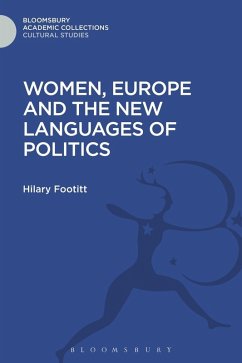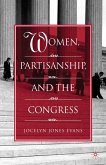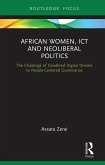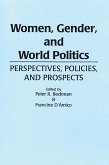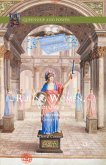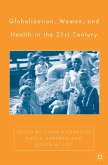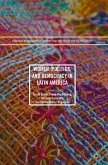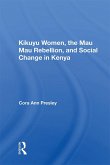This book contributes to the debates around the presence and activity of women in politics, as well as the part which language plays in shaping and developing political activity. Footitt argues that, in a world of shifting roots and multiple identities, the stories we tell, the ways in which we understand the relationships between us, and the communities we imagine ourselves belonging to, are of ever-increasing political importance. At the centre of the study are the women from 12 European Union countries who participate in the transnational political site of the European Parliament. Using interviews with female Members of the European Parliament from the late 90s and early 00s, and a close textual study of speeches in the European Parliament, Hilary Footitt argues that women have created a language of politics that transcends nationalities and political parties and contributes to engendering democracy, defining citizenship and imagining the community of Europe. Politics, she argues, is multilingual, and an understanding of the varieties of vocabularies and grammars that are potentially available to us may help us to create a more inclusive and dynamic political process.
Bitte wählen Sie Ihr Anliegen aus.
Rechnungen
Retourenschein anfordern
Bestellstatus
Storno

